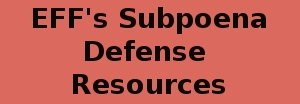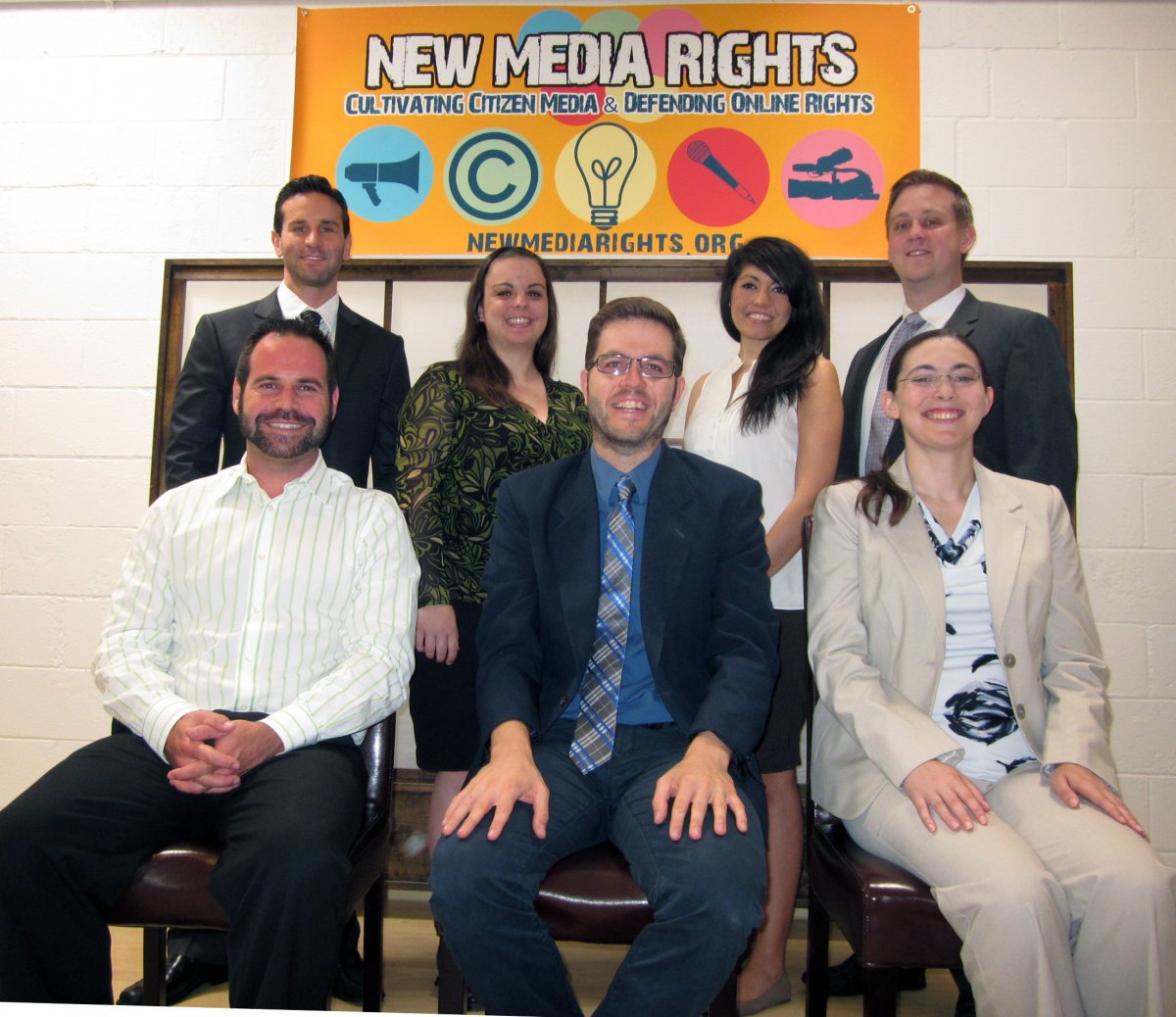
We're thrilled to announce that one of our clients, the Dark Mod Team at Broken Glass Studios, recently launched the standalone version of their wildly popular open source game, the Dark Mod! Here's is a testimonial from the Dark Mod Team about how New Media Rights helped them launch their game. The Dark Mod is a completely open source, free to download and play game created by hundreds of dedicated volunteers all over the world, and bills itself as "Stealth Gaming in a Gothic Steampunk World."
It's an example of the best kind of collaborative creativity the internet enables, bringing to together, artists, designers, and programmers from across the planet to create something for the public. Here's a quote from the Dark Mod
"In our case, they went into significantly more detail in gathering all the information and aspects of our specific issues, doing hard research on all the legal issues potentially raised, and then packaging it all into a weighty brief that not only answered our most pressing questions, but also was written in a practical way we could actually use as working developers.
NMR is in the business of assisting digital artists in getting their creations to the world in the right way. There are so many complex issues out there, that by itself the simple desire to do things legally and properly isn't enough. We need guidance. And as my original searches confirmed, I couldn't find any other group that was even looking at the questions we needed answered except NMR, to say nothing of a group willing to offer free assistance in meeting our goals, to say nothing of going to the great lengths NMR went to do it. NMR did all of these things."
Click here to read their full story of how New Media Rights helped the Dark Mod.









